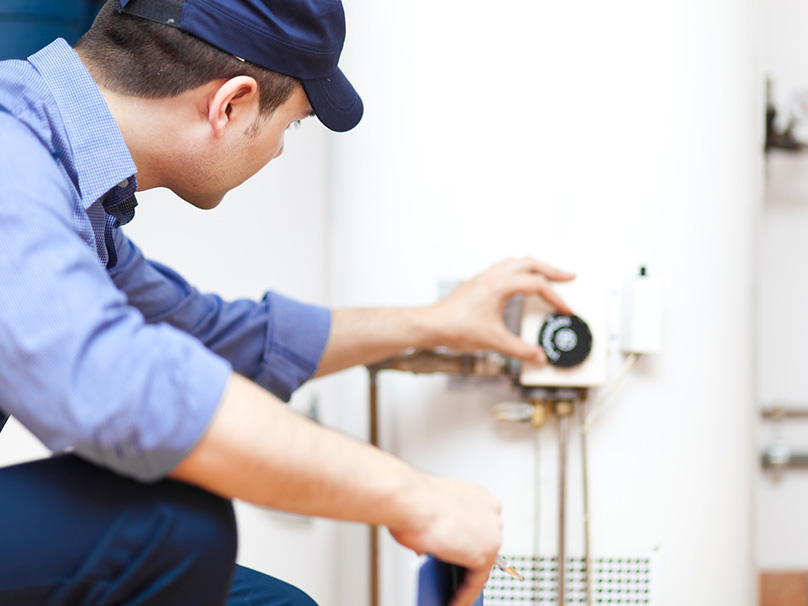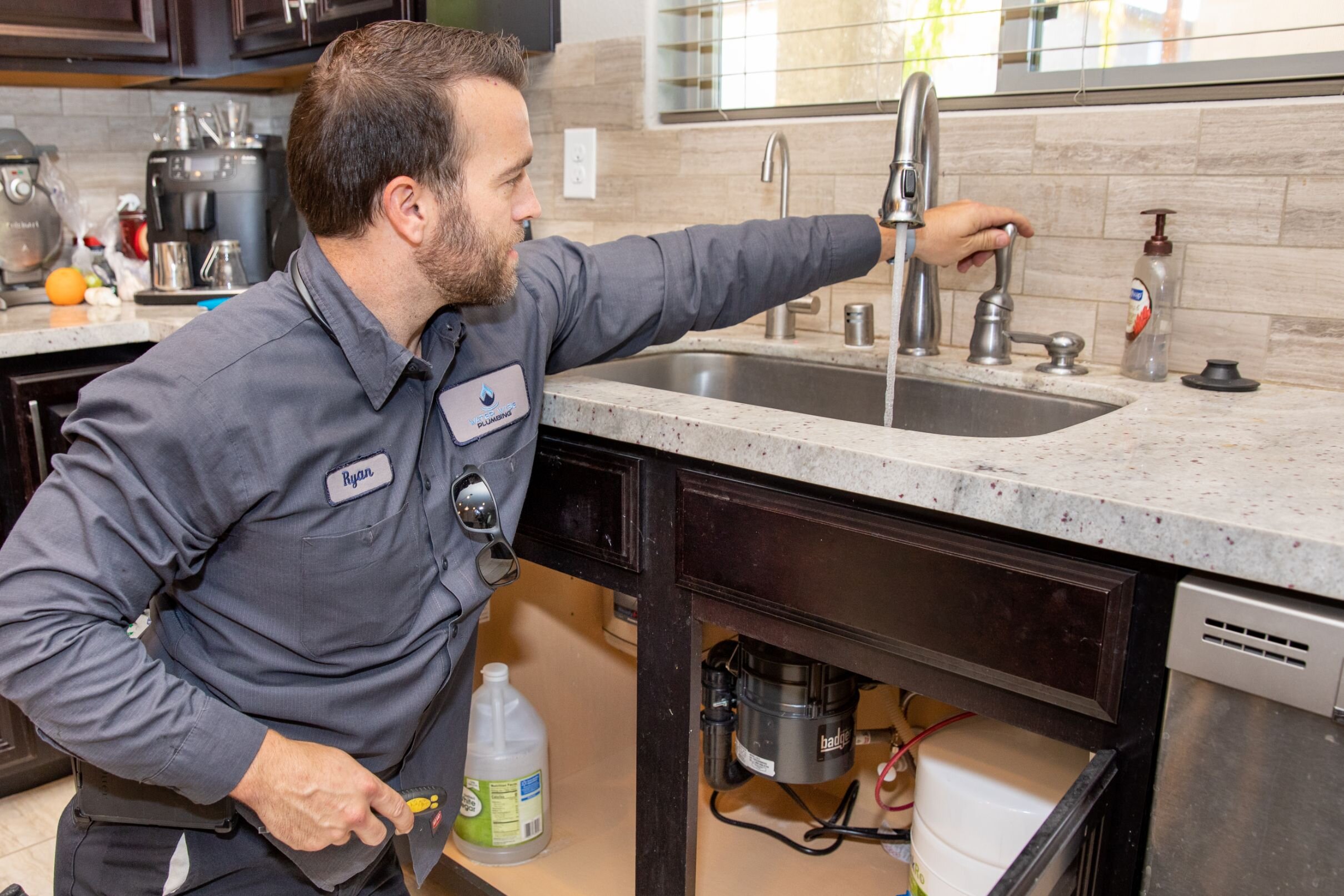Bid Farewell to Contaminants: Achieve Optimal Water Purity With Tap Filters
Tidy and pure water is essential for keeping health and wellness. Nevertheless, faucet water often contains contaminants that can be hazardous if consumed. This is where water tap filters come right into play. These filters are designed to remove pollutants, such as chlorine, lead, and germs, making sure that you have access to clean and secure alcohol consumption water. In this discussion, we will discover the benefits of tap filters, the various types readily available out there, variables to think about when choosing one, installment and maintenance pointers, and just how to optimize their efficiency. So, if you're wanting to achieve optimal water pureness and proposal goodbye to contaminants, continue reading to find the wonders of tap filters.
Advantages of Tap Filters
Water tap filters supply many benefits for those seeking optimum water purity. Among the crucial advantages of making use of a water tap filter is the elimination of harmful impurities. These filters are created to efficiently remove contaminations such as chlorine, microorganisms, lead, and debris from faucet water. By getting rid of these contaminants, water faucet filters assist enhance the preference and odor of the water, making it much more delightful to make use of and consume for food preparation.

Tap filters additionally use expense financial savings over time. By using a filter, people can minimize their dependence on mineral water, which can be ecologically hostile and costly. In addition, by getting rid of pollutants from faucet water, tap filters can assist protect against prospective health problems connected to consuming unfiltered water, conserving people from costly clinical expenses and therapies.
Kinds Of Tap Filters
One trick aspect to take into consideration when exploring tap filters is the various types readily available on the market. These filters can be found in various styles and technologies, each offering unique benefits in terms of filtering capabilities and ease.
One typical kind of tap filter is the triggered carbon filter. These filters make use of turned on carbon, which is very porous and has a large surface area, to catch and eliminate pollutants from the water. Activated carbon filters work in getting rid of chlorine, sediment, and some volatile natural substances (VOCs) from the water, improving its preference and smell.
Another sort of tap filter is the reverse osmosis filter. This filtration system uses a semipermeable membrane layer to eliminate a wide variety of pollutants, including microorganisms, viruses, hefty metals, and dissolved solids - Water Filtration Repair. Reverse osmosis filters are recognized for their high efficiency in detoxifying water, however they can be more costly and require normal maintenance
Some tap filters likewise include extra technologies, such as ceramic filters or ultraviolet (UV) sanitation. Ceramic filters are effective in eliminating bacteria and protozoa, while UV sanitation makes use of ultraviolet light to kill microbes in the water.
When choosing a tap filter, it is important to take into consideration the specific pollutants you wish to eliminate and the degree of filtration needed (Water Softener Systems). Furthermore, factors such as filter life expectancy, convenience of installation, and maintenance needs should also be taken right into account
Variables to Consider When Selecting a Tap Filter
When selecting a tap filter, it is necessary to carefully consider a variety of aspects that will certainly add to the Water Softener Systems overall efficiency and viability of the purification system for your details needs. One essential aspect to take into consideration is the kind of impurities you wish to remove from your water. Different filters are developed to target certain pollutants such as chlorine, lead, microorganisms, or chemicals. Understanding the quality of your water and the contaminants offer will certainly aid you pick the most ideal filter.
The purification capability refers to the quantity of water the filter can process prior to it needs to be changed. It is important to choose a filter with a sufficient capability to meet your everyday water intake requirements.
Look for a filter that is easy to install and does not need any kind of complex plumbing job. In addition, consider the maintenance demands such as filter substitute regularity and price.
Lastly, consider the accreditation and screening criteria of the filter. Look for filters that have been evaluated and accredited by trusted companies such as NSF International. These qualifications make certain that the filter meets certain high quality and efficiency requirements.
Installation and Upkeep of Tap Filters
To ensure the appropriate performance and durability of your water tap filter, it is crucial to comply with the correct setup and upkeep procedures. Many water tap filters are designed to be quickly mounted without the demand for professional assistance. By adhering to these installment and upkeep treatments, you can guarantee that your water faucet filter proceeds to give you with tidy and pure drinking water.
Tips for Taking Full Advantage Of the Efficiency of Water Tap Filters
To enhance the effectiveness of your tap filter, it is a good idea to comply with certain methods that optimize its performance. Following these ideas will certainly ensure that you are getting one of the most out of your filter and enjoying clean, purified water.
First of all, it is vital to consistently change the filter cartridge. The majority of manufacturers recommend replacing the cartridge every 2 to 3 months, yet this might differ depending on your water high quality and usage.
Secondly, bear in mind the flow rate. Some filters may have a decreased flow rate due to their purification procedure. To maximize the performance of your filter, stay clear of running numerous water resources concurrently, as this can put additional strain on the filter and lower its performance.

Last but not least, always use your filter for its designated objective. While it might be alluring to make use of filtered water for various other household tasks, such as watering plants or cleaning, it is best to reserve it entirely for drinking and cooking purposes. This will help prolong the lifespan of your filter and maintain its effectiveness.
Conclusion
To conclude, tap filters provide various benefits in achieving optimal water pureness. By getting rid of contaminations and impurities, these filters make certain the safety and security and sanitation of the water we take in. With a range of types available, it is essential to take into consideration variables such as purification capability and compatibility with your faucet. Regular upkeep and setup of these filters are vital for their efficiency. By following these pointers, you can maximize the advantages of tap filters and delight in pure, tidy water.
Water faucet filters offer many benefits for those looking for ideal water pureness.One typical kind of water faucet filter is the turned on carbon filter.One more type of water faucet filter is the reverse osmosis filter. To make the most of the performance of your filter, stay clear of running multiple water sources simultaneously, as this can place added pressure on the filter and lower its efficiency.
In final thought, water tap filters supply many benefits in achieving optimal water pureness.